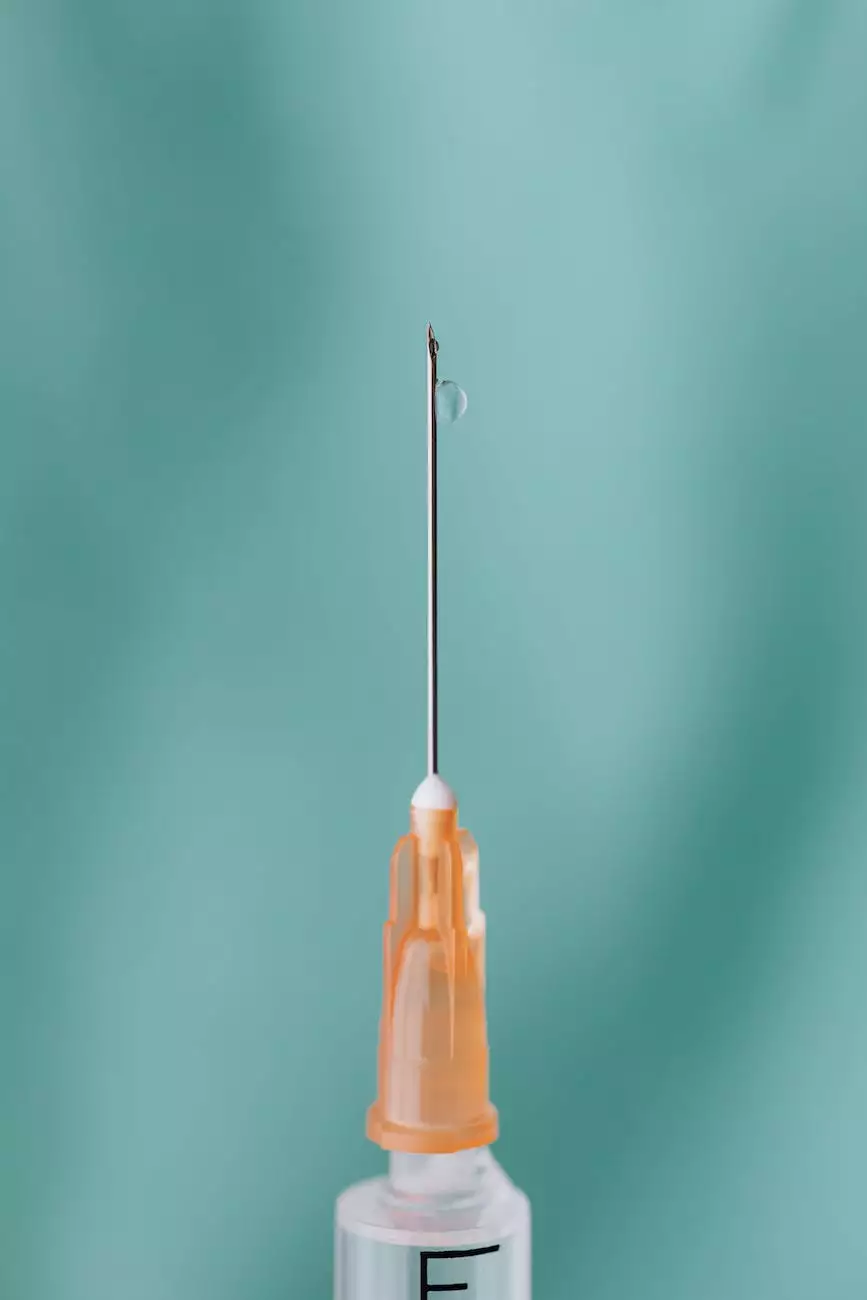What to Expect During a Stress Test

Introduction
Welcome to Bay Regional Medical Center's comprehensive guide on what to expect during a stress test. In this article, we will delve into the details of this diagnostic procedure, explaining its purpose, preparation, and what happens during the test. Our aim is to provide you with a thorough understanding of the process so you can approach your stress test with confidence.
Understanding Stress Tests
In the realm of cardiology, stress tests play a vital role in evaluating heart health and identifying potential issues. These tests are performed to assess how well your heart functions under physical stress, typically induced through exercise or medication. By monitoring your heart's response, doctors can detect abnormalities, diagnose conditions, and create effective treatment plans tailored to your needs.
Preparing for Your Stress Test
Proper preparation is essential to ensure accurate results and a smooth testing process. Your healthcare provider will provide you with detailed instructions, but here are some general guidelines to follow:
1. Medication Considerations
If you are taking any medications, it is crucial to inform your doctor beforehand. Certain medications, such as beta-blockers, may need to be adjusted or temporarily discontinued as they can interfere with the test results. Your doctor will guide you on any necessary medication adjustments.
2. Dietary Restrictions
Usually, it is best to avoid consuming food or beverages (except water) for at least 4 hours before the stress test. Eating a heavy meal right before the test can affect the accuracy of the results. Discuss any specific dietary restrictions with your doctor to ensure you are well-prepared.
3. Comfortable Attire
Wearing comfortable clothing and shoes suitable for exercise is recommended for stress tests involving physical activity. It allows you to move freely during the test while ensuring accurate monitoring of your heart's response to stress.
The Stress Test Procedure
During a stress test, you will be closely monitored by a team of experienced healthcare professionals. Here's a step-by-step breakdown of what typically happens:
1. Electrode Placement
Before the test begins, small, sticky electrodes will be placed on your chest. These electrodes are connected to an electrocardiogram (ECG) machine, which records your heart's electrical activity throughout the test. The process is painless and non-invasive.
2. Baseline Measurements
Prior to exerting physical stress, your heart's baseline measurements will be recorded while you are at rest. This provides a reference point for comparison during and after the stress-inducing activity.
3. Exercise or Medication Administration
Depending on your specific situation, the stress-inducing activity will be initiated. It can involve walking or running on a treadmill, pedaling a stationary bike, or receiving medication that stimulates the heart. The healthcare team will closely monitor your vital signs, such as heart rate, blood pressure, and ECG readings, throughout this phase.
4. Monitoring and Observations
Throughout the stress test, the healthcare professionals will continually monitor your vital signs and ECG readings. They will carefully observe any signs of discomfort, changes in heart rhythm, or other abnormalities.
5. Test Completion and Recovery
Once the desired level of stress has been achieved or any relevant symptoms are observed, the stress test will be concluded. You will then enter the recovery phase, where your heart rate and blood pressure will be monitored until they stabilize. Following the test, it is essential to take adequate rest and follow any post-test instructions provided by your healthcare provider.
Conclusion
By now, you have gained a comprehensive understanding of what to expect during a stress test at Bay Regional Medical Center. You have learned about the purpose of stress tests, how to prepare for them, and what happens during the procedure. Having access to this detailed information empowers you to approach your stress test with confidence, knowing what to anticipate every step of the way.
At Bay Regional Medical Center, we are committed to providing top-quality cardiac care and diagnostics. Our knowledgeable team of experts is dedicated to ensuring your well-being and accurate evaluation of your heart health. If you have any further questions or concerns, or if you wish to schedule a stress test, please do not hesitate to contact us. We are here to support you throughout your healthcare journey.




